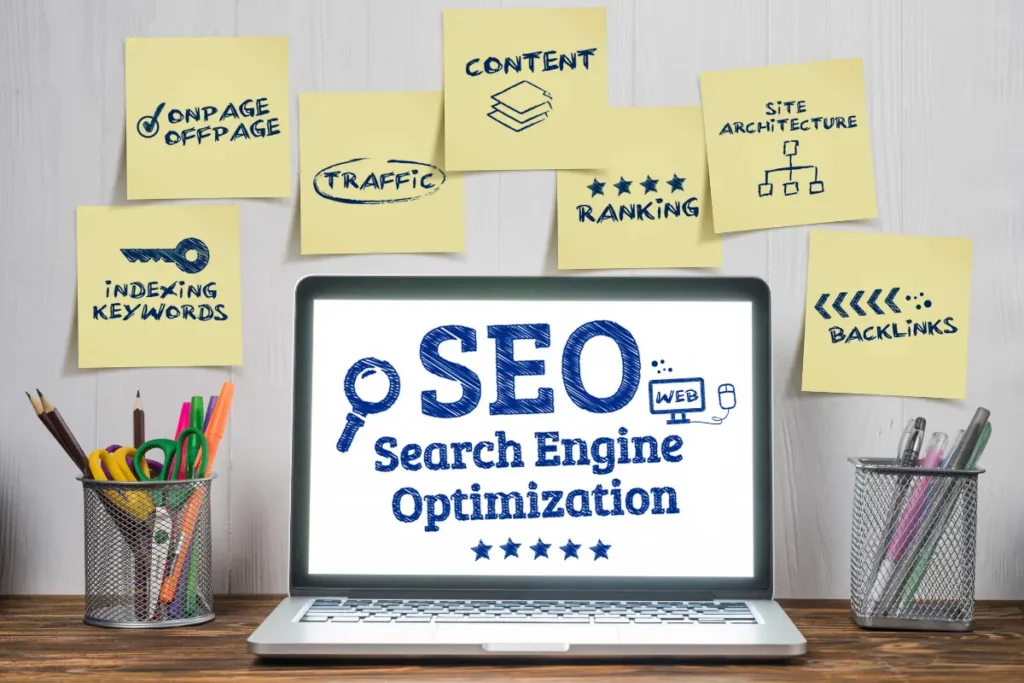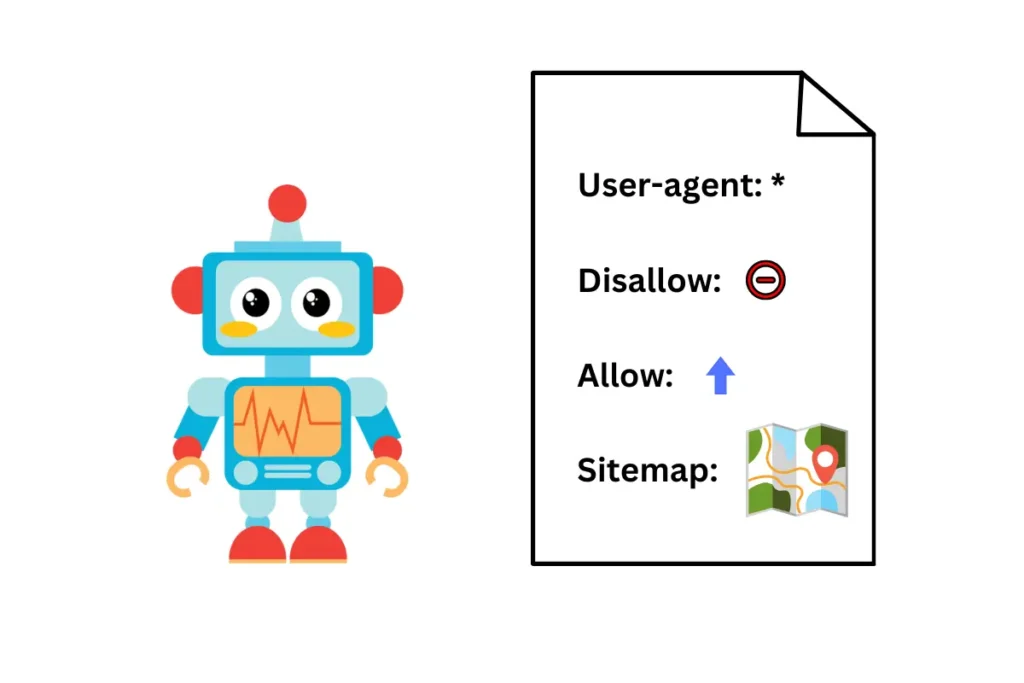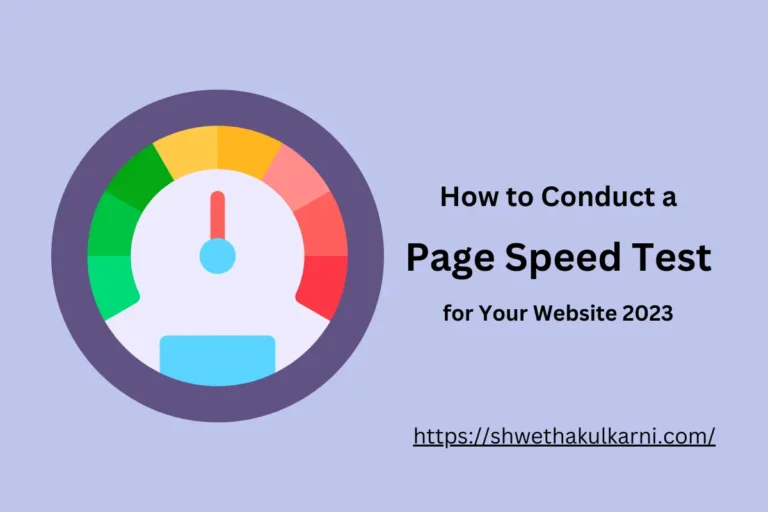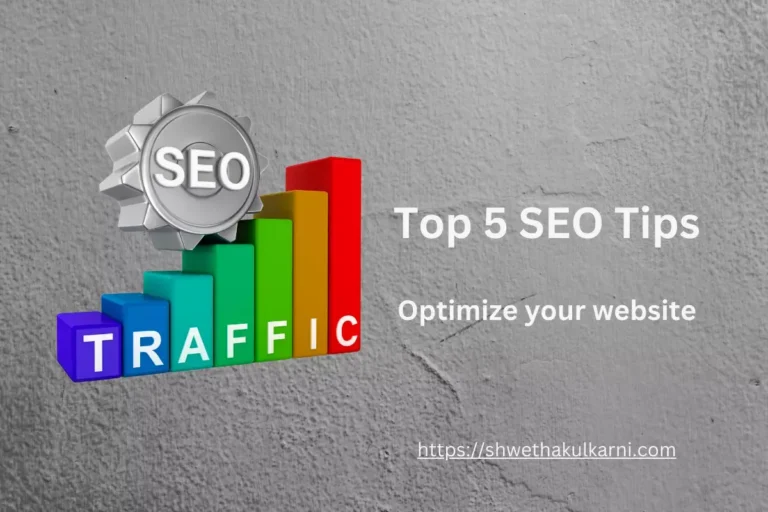Are you a beginner in the world of SEO and struggling to understand the technical terms and Terminologies used by professionals?
Don’t worry, you’re not alone.
SEO, which stands for Search Engine Optimization, is a complex field with its own vocabulary.
However, understanding SEO Terminologies is crucial for anyone who wants to optimize their website and rank higher on search engine result pages (SERPs).
In this beginner’s guide, I will simplify some of the common SEO Terminologies and explain what they mean.
What is SEO?
Before diving into the world of SEO Terminologies, let’s first understand what SEO is.
SEO is the practice of optimizing your website to improve its visibility and ranking on search engines like Google, Bing, or Yahoo.
The better your website’s SEO, the higher it will rank on the search engine result pages (SERPs), which leads to more traffic and potential customers.
Understanding SEO Terms
As a beginner in SEO, you will come across several technical terms and terminologies that may seem daunting at first.

Let’s take a look at some of the most common SEO Terminologies and what they mean:
Keywords
Keywords are the words or phrases that users enter into search engines to find information.
In SEO, keywords refer to the words or phrases that you target on your website to attract more traffic.
By including relevant keywords in your content, you increase your website’s chances of ranking higher on search engine result pages.
Backlinks
Backlinks are links from other websites that point to your website.
Backlinks are an essential part of SEO because they signal to search engines that other websites consider your content valuable and trustworthy.
The more high-quality backlinks you have, the higher your website will rank on search engine result pages.
Meta tags
Meta tags are snippets of HTML code that provide information about your website to search engines.
Meta tags include a title tag, which tells search engines the title of your page, and a meta description tag, which provides a brief description of your page’s content.
Meta tags are important for SEO because they help search engines understand what your website is about and improve click-through rates.
On-page optimization
On-page optimization refers to the practice of optimizing individual pages on your website to improve their ranking on search engine result pages.
On-page optimization includes optimizing page titles, meta descriptions, content, and images.
Off-page optimization
Off-page optimization refers to the practice of improving your website’s ranking through external factors such as backlinks, social media, and other online mentions.
Crawling
Crawling is the process by which search engines discover and index web pages.
Search engine crawlers use complex algorithms to crawl websites and index their content.
If your website is not crawlable, it won’t appear in search engine result pages.
Indexing
Indexing is the process by which search engines store and organize the information they have crawled.
When a user enters a query into a search engine, the search engine retrieves information from its index to provide relevant results.
SERP
SERP stands for Search Engine Result Page.
It refers to the page that appears when a user enters a query into a search engine. The SERP displays a list of web pages that are relevant to the user’s query.
Anchor Text
Anchor text is the visible, clickable text in a hyperlink that is used to link one web page to another.
Anchor text is important for SEO because search engines use it to determine the relevance and topic of the linked content.
Effective anchor text should be descriptive and relevant to the linked page’s content.
Alt Text
Alt text, also known as alternative text, is a description of an image that appears when the image fails to load.
Alt text is important for SEO because search engines cannot read images, but they can read the alt text.
By including relevant keywords in your alt text, you can improve your website’s chances of ranking higher on search engine result pages.
CTR
CTR stands for Click-Through Rate.
It refers to the number of clicks a website receives divided by the number of impressions (or views) it receives.
CTR is important for SEO because it signals to search engines that your website is relevant and valuable to users.
Duplicate Content
Duplicate content refers to content that appears on multiple web pages.
Duplicate content can negatively impact your website’s SEO because search engines penalize websites that have duplicate content.
To avoid duplicate content, make sure each page on your website has unique content.
Canonical URL
Canonical URL is the preferred URL that search engines use to index your website’s content.
Canonical URLs are important for SEO because they prevent duplicate content issues and help search engines understand the structure of your website.
Schema Markup
Schema markup is a code that you add to your website’s HTML to provide additional information to search engines.
Schema markup can help search engines understand the content of your website and improve your website’s chances of appearing in rich snippets, which are highly visible on search engine result pages.
Page Speed
Page speed refers to the time it takes for your website to load.
Page speed is important for SEO because search engines prefer websites that load quickly.
Slow page speeds can negatively impact your website’s SEO and lead to lower rankings on search engine result pages.
Robots.txt

Robots.txt is a file that tells search engine crawlers which pages or sections of your website they can or cannot crawl.
Robots.txt is important for SEO because it can help prevent duplicate content issues and improve your website’s crawlability.
Sitemap
A sitemap is a file that contains a list of all the pages on your website.
Sitemaps are important for SEO because they help search engines crawl your website more efficiently and understand its structure.
Keyword Density
Keyword density refers to the number of times a keyword appears on a web page divided by the total number of words on that page.
Keyword density is important for SEO because it signals to search engines what your website is about.
However, too high keyword density can be seen as spammy and negatively impact your website’s SEO.
Long-tail Keywords
Long-tail keywords are longer and more specific keyword phrases that users enter into search engines.
Long-tail keywords are important for SEO because they target a specific audience and are less competitive than broad keywords.
Organic Traffic
Organic traffic refers to traffic that comes to your website from search engines.
Organic traffic is important for SEO because it signals to search engines that your website is relevant and valuable to users.
FAQS About SEO Terminologies
Here are some frequently asked questions about SEO Terminologies:
Do I need to know all of these SEO Terminologies to improve my website’s SEO?
No, you do not need to know all of these SEO Terminologies to improve your website’s SEO. However, understanding these terms can help you communicate better with SEO professionals and improve your overall SEO knowledge.
Can I use any keyword in my content?
No, you cannot use any keyword in your content. You should use relevant keywords that are related to the content on your page. Keyword stuffing or using irrelevant keywords can negatively impact your website’s SEO.
What is the difference between on-page and off-page SEO?
On-page SEO refers to optimizing individual web pages to improve their search engine rankings. This includes optimizing content, meta tags, and HTML code. Off-page SEO refers to activities that are done outside of your website to improve its search engine rankings, such as link building and social media marketing.
How do backlinks affect SEO?
Backlinks are links from other websites that point to your website. Backlinks are important for SEO because they signal to search engines that other websites find your content valuable and trustworthy. However, not all backlinks are created equal, and high-quality backlinks from authoritative websites are more valuable than low-quality backlinks.
How often should I update my website’s content?
There is no set frequency for updating your website’s content, but regularly updating your website with fresh, relevant content can improve your website’s SEO. However, you should prioritize quality over quantity and focus on providing value to your users.
Can social media affect my website’s SEO?
Yes, social media can affect your website’s SEO. While social media signals are not direct ranking factors, social media can help increase brand awareness, drive traffic to your website, and potentially lead to high-quality backlinks.
Conclusion
Understanding SEO Terminologies is crucial for improving your website’s SEO and communicating effectively with SEO professionals.
By knowing the meanings of SEO terms like backlinks, meta tags, and organic traffic, you can make informed decisions about your website’s SEO strategy and improve your chances of ranking higher on search engine result pages.
Remember to prioritize providing value to your users and avoid using spammy tactics that can negatively impact your website’s SEO.
By following best practices and staying up-to-date with the latest SEO trends, you can help your website succeed in today’s competitive digital landscape.
So, take the time to understand these SEO Terminologies and make them work for you.
With a little patience and persistence, you can improve your website’s visibility and attract more organic traffic.
Now I would love to hear from you.
Make yourself known by leaving a comment here. I look forward to your response and welcome any other ideas as they emerge!
As a digital marketing consultant, My ultimate goal is to empower businesses to thrive in the digital landscape. I believes that a well-executed digital strategy can transform a company’s online presence, drive growth, and create meaningful connections with target audience. To Know More Click Here!







